The Snow Maiden (1969)
Genre : Animation
Runtime : 10M
Director : Vladimir Degtyarev
Synopsis
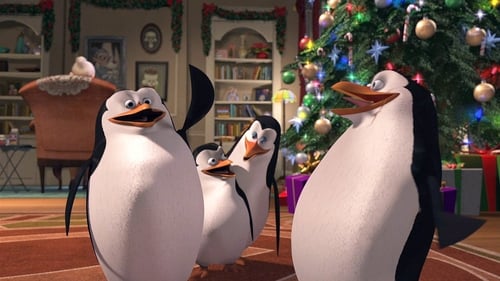
During the holiday season, when the animals of the Central Park Zoo are preparing for Christmas, Private, the youngest of the penguins notices that the Polar Bear is all alone. Assured that nobody should have to spend Christmas alone, Private goes into the city for some last-minute Christmas shopping. Along the way, he gets stuffed into a stocking

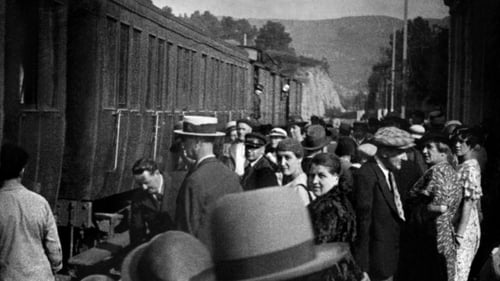
Likely in June 1897, a group of people are standing along the platform of a railway station in La Ciotat, waiting for a train. One is seen coming, at some distance, and eventually stops at the platform. Doors of the railway-cars open and attendants help passengers off and on. Popular legend has it that, when this film was shown, the first-night audience fled the café in terror, fearing being run over by the "approaching" train. This legend has since been identified as promotional embellishment, though there is evidence to suggest that people were astounded at the capabilities of the Lumières' cinématographe.
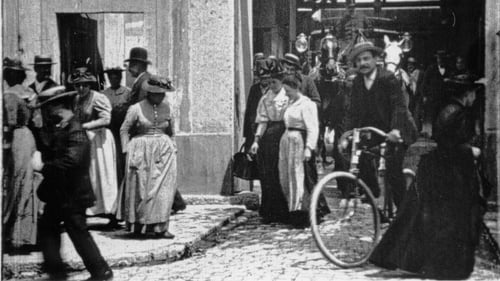
Working men and women leave through the main gate of the Lumière factory in Lyon, France. Filmed on 22 March 1895, it is often referred to as the first real motion picture ever made, although Louis Le Prince's 1888 Roundhay Garden Scene pre-dated it by seven years. Three separate versions of this film exist, which differ from one another in numerous ways. The first version features a carriage drawn by one horse, while in the second version the carriage is drawn by two horses, and there is no carriage at all in the third version. The clothing style is also different between the three versions, demonstrating the different seasons in which each was filmed. This film was made in the 35 mm format with an aspect ratio of 1.33:1, and at a speed of 16 frames per second. At that rate, the 17 meters of film length provided a duration of 46 seconds, holding a total of 800 frames.

Professor Barbenfouillis and five of his colleagues from the Academy of Astronomy travel to the Moon aboard a rocket propelled by a giant cannon. Once on the lunar surface, the bold explorers face the many perils hidden in the caves of the mysterious planet.
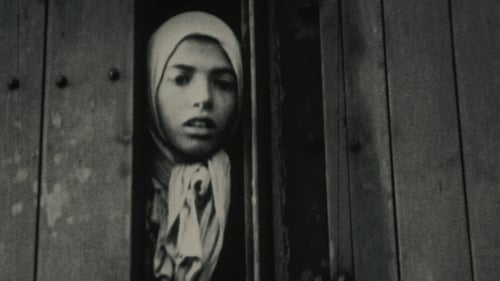
Filmmaker Alain Resnais documents the atrocities behind the walls of Hitler's concentration camps.
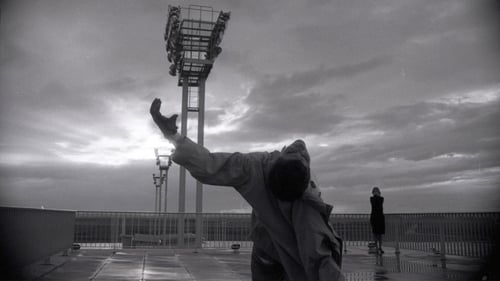
A man is sent back and forth and in and out of time in an experiment that attempts to unravel the fate and the solution to the problems of a post-apocalyptic world during the aftermath of WW3. The experiment results in him getting caught up in a perpetual reminiscence of past events that are recreated on an airport’s viewing pier.
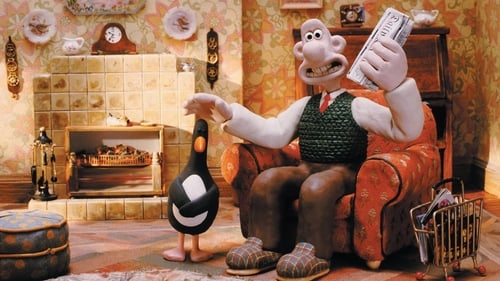
Wallace rents out Gromit's former bedroom to a penguin, who takes up an interest in the techno pants created by Wallace. However, Gromit later learns that the penguin is a wanted criminal.
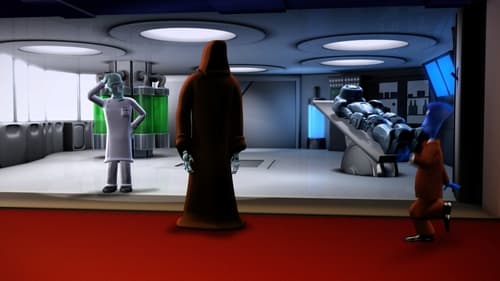
Death as a global service provider? Unthinkable! So far Death has thought that too. But then his nephew Cedric had the crazy idea of founding the company AFTER LIFE while his uncle was away. This company takes over the craft of death with the latest technology and markets it worldwide.
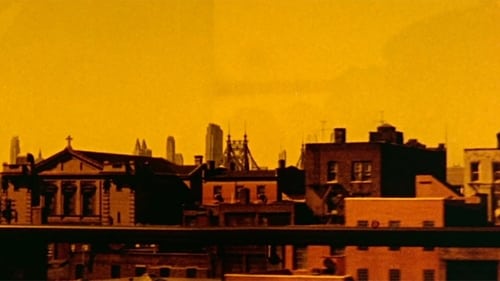
Set to a classic Duke Ellington recording "Daybreak Express", this is a five-minute short of the soon-to-be-demolished Third Avenue elevated subway station in New York City.
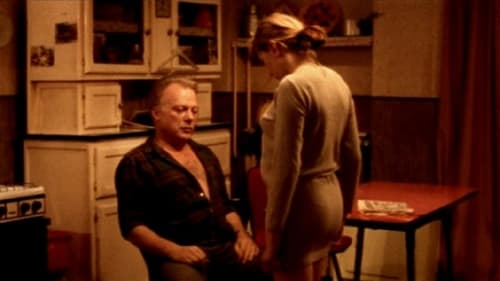
A butcher in Paris takes his revenge after his daughter is brutally attacked.

A young man journeys through a desert, where he is kidnapped by a sadistic stranger clad in a pig mask. The stranger proceeds to brutally torture the young man, who then finds himself escaping into his imagination, with fantasy and reality intersecting.
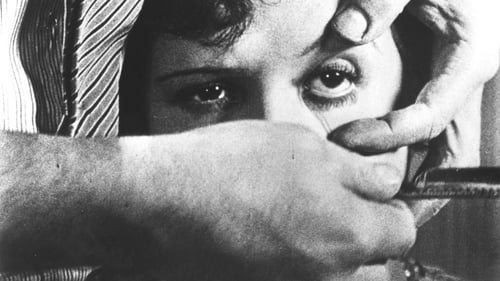
Un Chien Andalou is an European avant-garde surrealist film, a collaboration between director Luis Buñuel and Salvador Dali.

The low budget film starring the young Bruce Campbell that influenced the Evil Dead films.
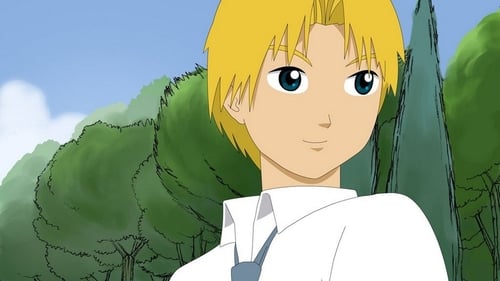
Children are mysteriously falling ill at an orphanage. Candy Boy, the most valiant of the orphans, investigates, but the arrival of a new boarder complicates his inquiries.
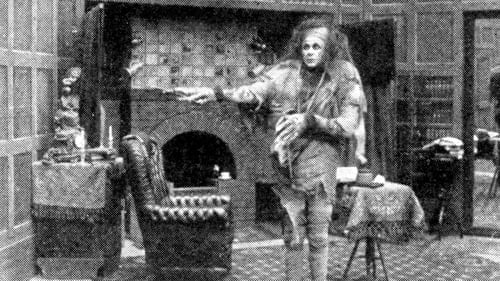
Frankenstein, a young medical student, trying to create the perfect human being, instead creates a misshapen monster. Made ill by what he has done, Frankenstein is comforted by his fiancée; but on his wedding night he is visited by the monster.
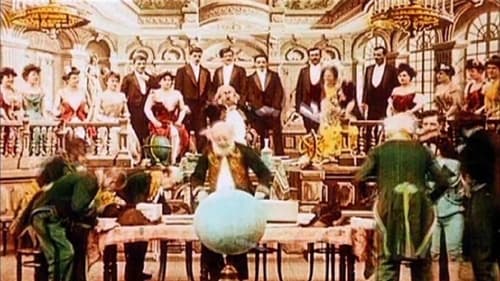
Using every known means of transportation, several savants from the Geographic Society undertake a journey through the Alps to the Sun which finishes under the sea.
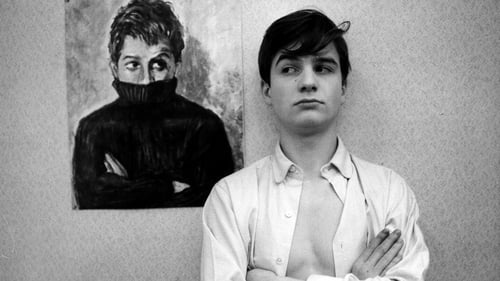
Now aged 17, Antoine Doinel works in a factory which makes records. At a music concert, he meets a girl his own age, Colette, and falls in love with her. Later, Antoine goes to extraordinary lengths to please his new girlfriend and her parents, but Colette still only regards him as a casual friend. First segment of “Love at Twenty” (1962).
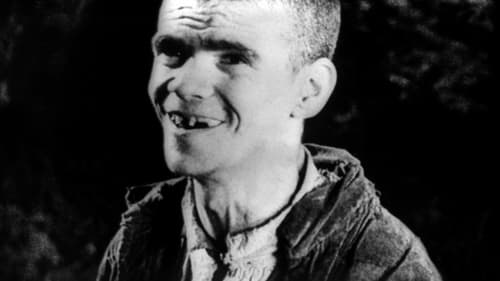
An exploration —manipulated and staged— of life in Las Hurdes, in the province of Cáceres, in Extremadura, Spain, as it was in 1932. Insalubrity, misery and lack of opportunities provoke the emigration of young people and the solitude of those who remain in the desolation of one of the poorest and least developed Spanish regions at that time. (Silent short, voiced in 1937 and 1996.)














